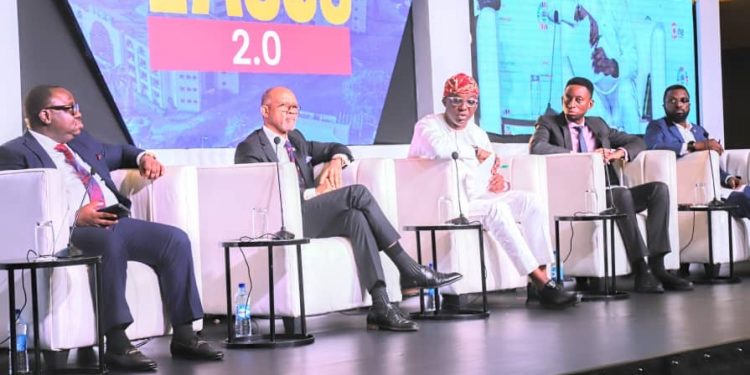The Lagos State Government has announced a $400 million plan to build a Waste-to-Energy (WTE) plant in Epe, aimed at transforming waste management while providing clean electricity for up to two million residents. The landmark project is part of the state’s push to combat climate risks, especially flooding, and support sustainable infrastructure growth.
Announced by the Commissioner for the Environment and Water Resources at the Lagos Investors Summit 2.0, the plant will be privately designed, financed, built, and operated. It is expected to offer a 12 percent internal rate of return over a 20-year period, backed by electricity tariffs and a tipping fee system.
The WTE facility will process municipal solid waste into electricity, helping reduce the volume of waste sent to landfills and offering a sustainable energy alternative for densely populated areas. With nearly 80 percent of Lagos’ landfill capacity nearing exhaustion and over two-thirds of residents relying on illegal dumping, the plant is seen as a crucial step in addressing both environmental and infrastructure challenges.
In addition to cleaner energy, the project will play a role in flood prevention by reducing illegal dumping that often clogs drainage systems during rainfall. State authorities also announced the launch of an Early Warning System for Extreme Weather Events to bolster disaster preparedness and protect public infrastructure.
By 2050, projections suggest over 65 percent of Lagos residents could be at high risk of flooding, potentially affecting more than 1,000 schools and health facilities. The WTE plant is part of a broader effort under the summit’s theme, “Scaling Action: Bold Solutions for Making a Lagos 21st Century Economy,” to promote climate resilience, attract infrastructure investment, and build a more sustainable future for Africa’s largest city.










